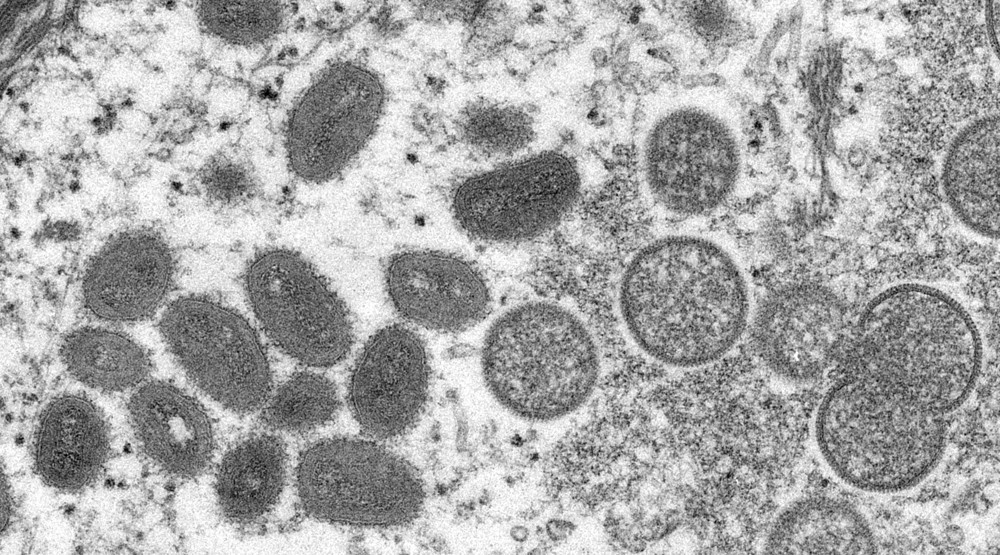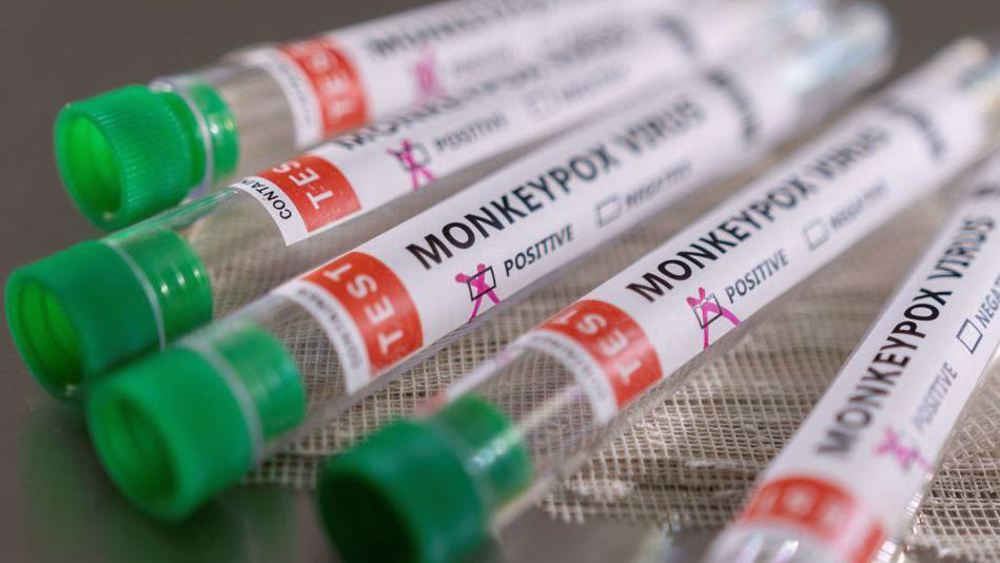Russia: US labs in Nigeria responsible for monkeypox outbreak
Russia says US-controlled biological laboratories in Nigeria, where monkeypox came from, are responsible for the spread of the viral zoonosis, urging inspection of the “strange coincidence”.
Citing a report by the World Health Organization (WHO) that monkeypox originally spread from Nigeria, Igor Kirillov, chief of the Russian Radiation, Chemical and Biological Defense Troops, said on Friday that US-deployed biological infrastructure in the African country was responsible for the outbreak.
"According to the available information, at least four US-controlled biolaboratories operate in Nigeria," Sputnik quoted Kirillov as saying, adding that US biolabs were present in the cities of Abuja, Zaria and Lagos.
Kirilov called on the WHO to investigate the alleged US role in spreading monkeypox, noting it is necessary to point out a "strange coincidence that requires additional inspection by specialists."
"According to European and US media, materials of 2021 Munich Security Conference (that is, amid the COVID-19 pandemic) mentioned practice of monkeypox countering scenario," the commander added.
Meanwhile, an interview with RT Arabic on Thursday, Russian Foreign Minister Sergey Lavrov said Armenia, Kazakhstan, and Central Asian countries have US-funded biolabs, and Moscow is discussing this issue with its neighbors both bilaterally and through the Collective Security Treaty Organization (CSTO) for implementation of biological safety.
"With practically all the CSTO countries and other CIS countries, we have either concluded or are preparing to conclude memorandums of cooperation on biological safety, stipulating for mutual disclosures on how biological programs are developing in each of our countries," Lavrov added.
"These memorandums envisage mutual visits and examinations of the activities of the laboratories," he said, adding that having “transparency” to “make sure that these programs do not have a military dimension” is of paramount importance.
Monkeypox is related to smallpox, a deadly disease that was eradicated in 1980. But monkeypox is much less severe, with a fatality ratio of 3-6%. Most people recover within three to four weeks.
Sylvie Briand, WHO director for Global Infectious Hazard Preparedness, told the UN agency's annual assembly that if the world acted quickly against monkeypox, it can be contained easily.
Needed measures included the early detection and isolation of cases and contact tracing, she added.
Till now, about 300 cases have been found in around 20 countries.
'Israel booby-trapped walkie-talkies, pagers years before Lebanon blasts'
Gaza Health Ministry calls for urgent intl. help to protect hospitals amid Israeli genocide
Stakes involved in Iran’s partnership with Eurasian Union
VIDEO | Press TV's news headlines
Iran says ‘ready’ to reopen embassy in Syria, holds talks with Damascus
VIDEO | 12 people killed in ammunition factory blast in northwest Turkey
Iraq’s PMU masses resistance forces on border with Syria amid mounting concerns
Israel killed over 700 athletes in Gaza since October 2023











 This makes it easy to access the Press TV website
This makes it easy to access the Press TV website